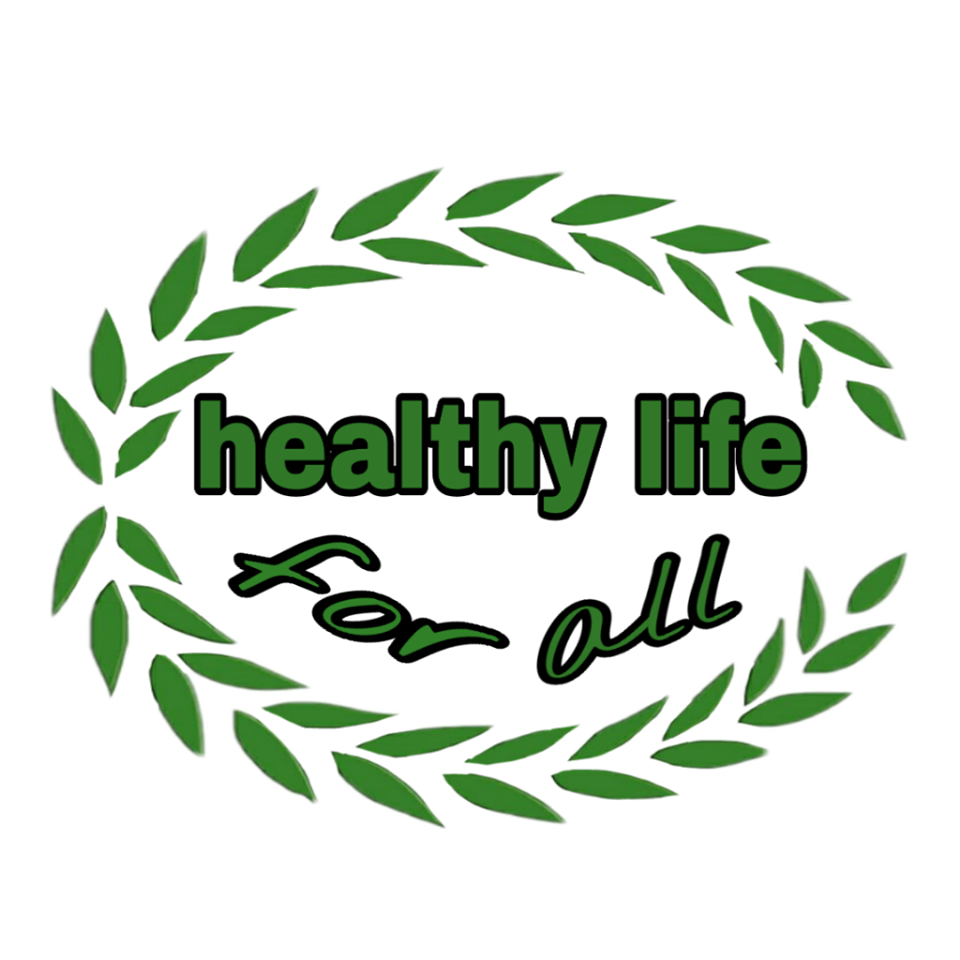The harm of the continuous messages that keep us in constant contact with business conversations may be more than beneficial. We always feel that we have to respond to messages so that we do not disrupt work. Here is an in-depth study of Cal Newport, professor of computer science at Georgetown University.
Cal Newport, a computer science professor and author of the book “Deep Work and Digital Minimalism”, argues that work environments must change radically to address the problem of distractions at work. He argues that the value of an employee in the company will not be measured in the future by his skill, but by his ability to concentrate. But how do we find time to stay away from distractions and improve our work performance?
Newport says jobs in the knowledge sector, which relies on human intelligence rather than machinery, require an employee to constantly read messages to follow up on the workflow and always prepare for multiple tasks at the same time, which of course runs counter to the focus and deep thinking, intelligence and insight that will benefit the company.
Needless to say, our brains find it difficult to concentrate on more than one task at a time. In the past, psychologists thought that people who engage in multiple tasks at the same time have an extraordinary ability to control attention.
But the evidence shows that multitaskers do not have exceptional talent, and studies have indicated that people who perform two or more tasks at the same time, such as watching TV and reading e-mail, make more mistakes than others who focus on one task.
This is because our brains absorb only a limited number of information at a given moment, and the commitment to perform many tasks on a working day and the constant movement between tasks may waste time rather than be saved and exploited.
Newport says that watching the messages work all day and expecting to respond immediately makes our lives miserable because this constant alertness affects the neural circuits that control social behaviors in the brain, making us always feel anxious and fascinating because someone is waiting for a response from us.
Newport believes that assigning the employee to tasks via email and messaging applications, such as the “Slack” app, has increased the tasks that the employee is required to perform. The knowledge sector worker is more tasked than ever before, and therefore races to implement them on time. It may be better for companies to consider reducing the burden on employees than increasing it.
A struggle for focus and resistance to the dispersion of ideas:
Attention shifting and constant movement between tasks will only lead to professional exhaustion, and Newport describes this form of the workflow as “excessive collective thinking based on constant, distracting messages.” Our day has become crowded with random conversations through conversation apps and times that we quickly add without being alert to our daily schedule.
In his forthcoming book World Without E-Mail, Newport will address the importance of allowing employees to do the job best without distractions.
Newport believes that reducing workloads will improve performance, and recommends the importance of dispensing with pointless conversations as long as working in the organization allows less communication between employees.
“Managers waste 85 percent of the working day in meetings, in phone calls, or in talking to others about work without working, which is contrary to the way the brain works,” says Newport. The constant shift from one task to another and from one context to another is powerful and psychologically-burned-out”.
Newport warns that some people resort to tricks to relieve work pressure, such as stopping using email on Fridays. But he says that stopping a day or more of using e-mail or slack’s application for group chat won’t work unless there is an alternative way of communicating between employees at the company.
Newport suggests communicating face-to-face with employees rather than speaking through chat or email applications and encouraging employees to communicate clearly with each other.
A study was conducted in 2009 on the impact of shifting attention from one task to another on performance, which concluded that the first task should be stopped before moving on to the second task in order to fully implement it. However, this won’t happen if you read emails frequently to remind you of previous tasks.
The problem is that the more we are concerned, the greater the chances of moving between tasks, and therefore the inability to concentrate. It is estimated that it takes an average of 23 minutes and 13 seconds to regain focus after our distraction.
Newport sees the software engineering sector as the most product-focused knowledge sector. Like the way our brains work, software engineers work for three days on only one project and focus on nothing but the product, and develop an orderly staff division plan.
This time that engineers devote to the project helps them find the best solutions for production efficiency. In the past, skilled workers made products from the ground up, and it was only in the 20th century that the production lines, which helped each worker to focus on the task they mastered before being transferred to the next factor in the chain, appeared only in the 20th century. 
The production line model may suit some sectors, such as software engineering. However, it is also possible to improve production efficiency in other sectors, provided that it brings together a team of only necessary personnel to focus on completing one project without distraction in the light of clear objectives.
For the time being, Newport says it has not yet found any major companies operating in its vision to ensure smooth operation. In his view, companies that value slow, in-depth and insightful thinking will outperform companies that encourage their employees to perform many tasks at the same time.
 healthy life for all healthy life for all
healthy life for all healthy life for all






